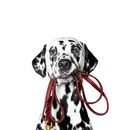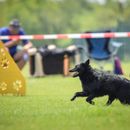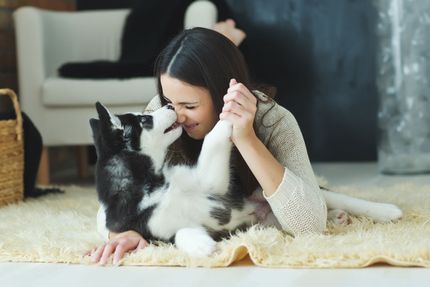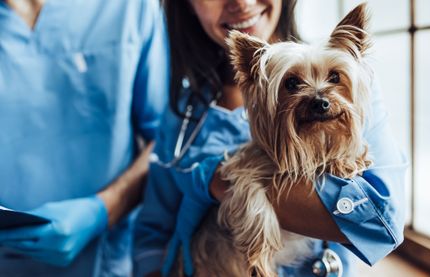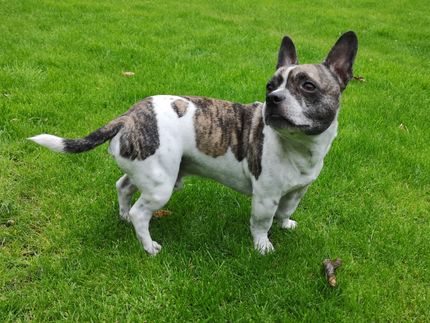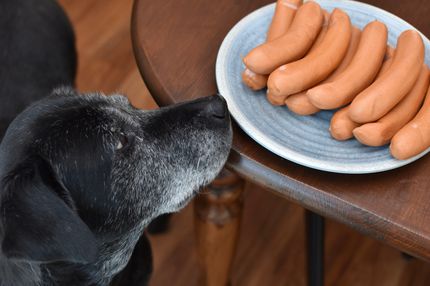If you notice your dog shivering and panting, it may be more than just a temporary discomfort; it could be a window into your best friend's emotional and physical well-being. Dogs communicate a lot through their body language, and while some of the reasons for shivering and panting may be harmless or temporary, such as excitement at being greeted or the need to cool off on a hot day, others may be signs of deeper issues. From anxiety and stress to serious health concerns, the range of possible causes is wide and varied.
In this blog post, we want to bridge the gap between the subtle signs your dog is giving and what they might mean. Not only will we explore the most common reasons for tremors and panting, but also how you can help your dog in each situation. Our aim is to give you the knowledge and tools to support your dog's wellbeing and ensure they stay happy and healthy.
Understanding tremors and panting in dogs
Trembling and panting can be normal behaviors in dogs, but they can also be signs of serious problems. Shivering is often a sign of cold, fear, excitement or pain, while panting is a natural way for dogs to cool down. It is important to understand the context in which these behaviors occur.

When should you worry?
Five reasons for trembling and panting
Anxiety and stress
Dogs often show that they are uncomfortable by trembling and panting. Noise phobias, separation anxiety or changes in the environment can cause stress that leads to these reactions.
Overheating
On hot days or after intense activity, your dog may try to regulate its body temperature by panting. If the panting is extreme, it could be a sign of heatstroke, which requires immediate medical attention.
Pain
Trembling and panting can also indicate that your dog is in pain. It could be something obvious like an injury or something less visible like internal discomfort or joint problems.
Excitement or agitation
Sometimes dogs tremble or pant simply because they are excited or overjoyed. This is especially common at reunions or when they are anticipating something they love, like treats or walks.
Diseases and health problems
Various diseases and health problems can cause tremors and panting, including, but not limited to, neurological disorders, heart problems, or even poisoning.
If the shaking or panting occurs suddenly, is very intense, or is accompanied by other symptoms such as lethargy, loss of appetite, or unusual behavior, you should contact your veterinarian.
How can you help your dog?
- Provide reassurance: Give your dog a safe and calm environment, especially if anxiety is the cause.
- Cooling: Provide plenty of shade and fresh water on hot days.
- Pain relief: If pain is suspected, seek veterinary help to treat the cause.
- Preventive measures: Regular check-ups at the vet can help to detect and treat health problems early.

Trembling and panting in dogs can be harmless, but they can also be a signal of serious problems. It's crucial to pay attention to your dog's needs and well-being and seek professional help when needed. Your dog is relying on you to ensure his health and happiness. With the right care and attention.



